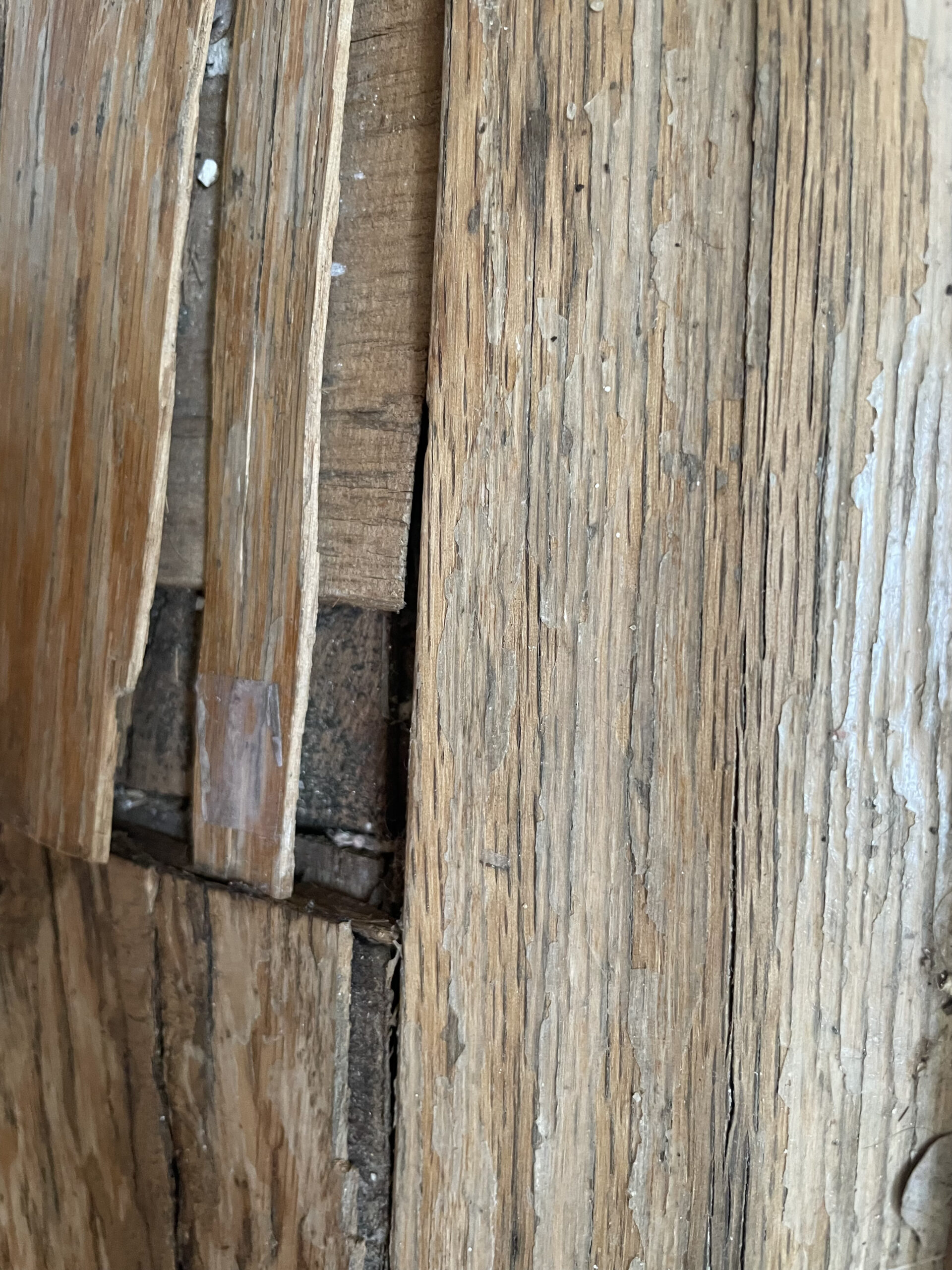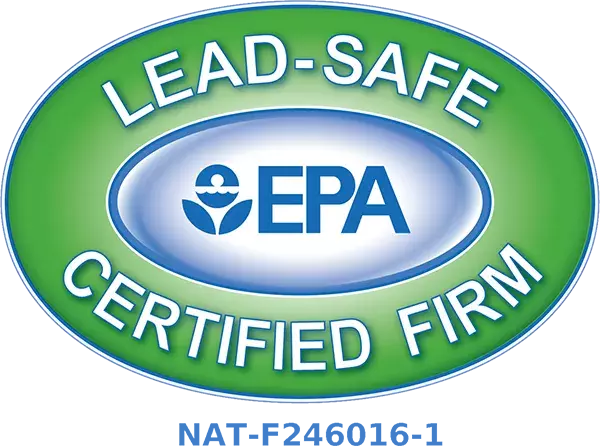Untreated water damage is a pressing concern for homeowners and property managers alike, as it often leads to significant health risks and property degradation. Defined as moisture intrusion that is not adequately addressed, the implications of water damage go beyond immediate aesthetics, potentially affecting structural integrity and occupant health in the long run.
Common Types of Water Damage in Homes
- Flooding from Natural Disasters: Floodwaters can inundate homes, leading to extensive damage that is often costly and time-consuming to remediate. Understanding flood-prone areas can encourage proactive measures to secure properties against such events.
- Leaking Roofs and Walls: Even minor leaks can escalate into major problems if not repaired promptly. Water can infiltrate walls and ceilings, creating an environment conducive to mold growth and structural issues.
- Plumbing Issues: Burst Pipes and Overflows: Plumbing failures are a disaster waiting to happen—one burst pipe can lead to immediate damage and necessitate extensive repairs, highlighting the necessity of regular plumbing inspections.
- Condensation and Humidity Build-Up: High humidity levels, often overlooked, can lead to moisture accumulation that supports mold growth. Proper ventilation systems and humidity control measures are crucial for prevention.
Health Risks Associated with Untreated Water Damage
- The Growth of Mold and Mildew: Mold thrives in damp environments. Untreated water damage creates ideal conditions for mold to flourish, making it a significant concern for health. Certain mold types can cause respiratory issues, allergies, and long-term health effects, particularly in vulnerable populations.
- Respiratory Issues and Allergic Reactions: Continuous exposure to mold spores can result in chronic respiratory problems and exacerbate conditions like asthma, emphasizing the need for mitigation strategies in affected homes.
- Potential for Waterborne Illnesses: When flooding or leaks introduce contaminated water into a property, residents may be at risk for waterborne illnesses. This risk escalates the importance of addressing even minor leaks immediately.
Structural Damage to Homes
Effects on Wooden Structures and Frameworks: Moisture can significantly weaken wooden beams and support structures, leading to structural failures. Understanding the impacts of moisture on wood integrity underscores the importance of immediate remediation.
Damage to Drywall and Insulation Materials: Water-logged drywall and insulation can lose their effectiveness and pose health risks as they become breeding grounds for mold. Knowing when to replace these materials is crucial for overall home safety and efficiency.
Impact on Foundations and Basement Integrity: Long-term untreated water damage can compromise basement and foundation structures, causing cracks and shifts. Regular monitoring of foundations in high-risk areas can prevent dire consequences.
Financial Implications of Untreated Water Damage
The Cost of Extensive Repairs and Remediation: The financial burden of addressing water damage can be overwhelming. Costs for mold remediation, structural repairs, and replacing damaged goods accumulate quickly, emphasizing the need for early detection and intervention.
Impact on Home Insurance Policies and Premiums: Insurance companies may raise premiums or deny claims based on a history of untreated water damage, making it crucial for homeowners to keep records of remediation efforts and preventive measures.
Decreased Property Value Due to Long-Term Damage: Homes with a history of water damage struggle in the real estate market. Buyers frequently conduct thorough inspections; discovering water damage can significantly lower property value.
Emotional and Psychological Effects
- Stress and Anxiety Caused by Prolonged Repairs: The stress of dealing with water damage and the unresolved state of ongoing repairs can lead to chronic anxiety. Addressing these issues promptly can significantly improve mental well-being.
- Effects of Living in a Damaged Home Environment: A home affected by water damage can create an unwelcoming atmosphere, where individuals may feel unsafe or uncomfortable. This can lead to emotional distress, especially for families with children or elderly members.
- Impact on Family Dynamics and Well-Being: The ongoing stress associated with water damage can strain family relationships, potentially leading to conflicts over decisions regarding repair and management. Open communication and involvement in decision-making can foster a supportive environment.
Preventing and Addressing Water Damage
Regular Inspections for Signs of Water Damage: Homeowners should conduct routine inspections for signs of moisture, water stains, or musty odors. Being proactive can catch issues before they escalate into significant problems.
Immediate Actions to Take Upon Detecting Water Damage: If water damage is detected, take swift action by stopping the source of water, drying affected areas, and contacting professionals for remediation as needed.
Working with Professionals for Remediation and Repairs: Engaging qualified professionals ensures effective assessment and resolution of water damage. Their expertise can identify underlying issues, apply correct treatments, and develop strategies for future prevention.


